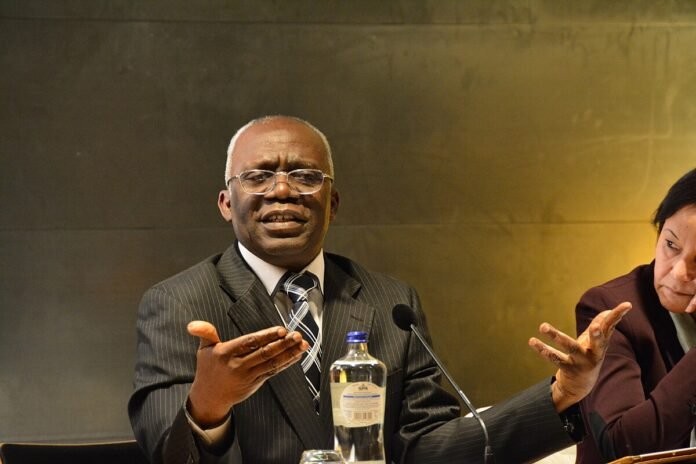Renowned human rights lawyer Femi Falana has condemned the recent wave of stampedes that claimed dozens of lives across Nigeria, describing the incidents as a “national shame.” In a statement on Sunday, Falana emphasized the urgent need for accountability and systemic reforms to prevent such tragedies from recurring.
Falana’s impassioned remarks come in the wake of the December 21 disaster in Okija, Anambra State, where 12 people lost their lives and 32 others sustained injuries during a chaotic rice distribution event organized by a philanthropist. On the same day, another stampede at Holy Trinity Catholic Church in Maitama, Abuja, claimed 10 lives as over 3,000 people scrambled for palliatives.
Earlier in the week, on December 19, a children’s funfair in Ibadan, Oyo State, turned tragic when 35 children were crushed to death at Islamic High School, Basorun. The event, meant to bring joy during the holiday season, ended in heartbreak due to overcrowding and poor crowd management.
“These tragic events are a national shame,” Falana stated. “The victims were not just statistics but human beings driven to desperation by systemic poverty and the gross incompetence of those entrusted with their safety. Enough is enough! These events reflect the harsh realities of inequality in our nation and the urgent need for systemic reforms to protect the dignity and lives of our citizens.”
Falana pledged to ensure that survivors and the families of the deceased receive adequate compensation. He also vowed to hold those responsible for the tragedies accountable, stressing that the preventable nature of these incidents underscores a failure of leadership and planning.
The stampedes have ignited nationwide outrage, with citizens and advocacy groups demanding immediate action. Many have pointed to systemic poverty as the root cause, driving desperate individuals to risk their lives for basic necessities. The lack of proper crowd control measures and inadequate planning at public events has further exacerbated the crisis.
As the nation mourns the victims, calls for justice and accountability grow louder. For Falana and others demanding change, these tragedies serve as a grim reminder of the urgent need to address systemic inequality and ensure that the safety and dignity of all Nigerians are prioritized.



